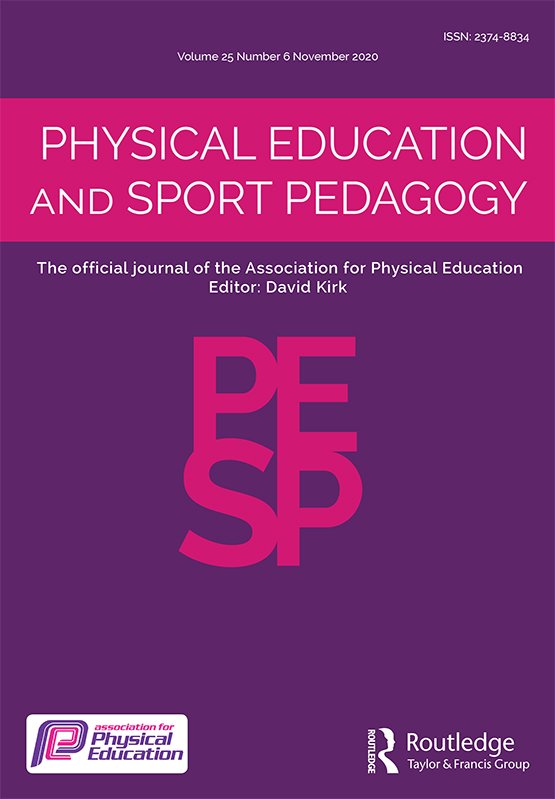tandfonline.com har udgivet en rapport under søgningen “Teacher Education Mathematics”:
ABSTRACT
ABSTRACT
Purpose: The purpose of this conceptual article is to explore how Bernstein’s concepts can further our understanding of the internal structure of knowledge informing physical education (PE) and the transmission of knowledge from its site of production into the school subject. In the process of constructing a school subject, knowledge is chosen and decontextualised from where it is produced and then recontextualised into the pedagogic context. This process involves a subjective selection of what is valued as important knowledge. That which is stipulated in the curriculum is regarded as legitimate knowledge worth transmitting to the younger generation. This article offers a deepened understanding of the organising principles of knowledge and the transformation of knowledge into the recontextualised field of PE. Background: The subject of PE has been legitimised in various ways over time, yet in many parts of the world PE as a school subject remains under discussion. Competing ideas have appeared over the years about what constitutes PE, and these have been compared and contrasted with each other. Researchers in the field are concerned with a range of different yet related issues regarding the aim of the subject, the relevance of the content knowledge, and the legitimacy of PE as a school subject. Key concepts: Bernstein’s concepts of pedagogic device and knowledge structures will be applied as explanatory frameworks. The current PE syllabus and support documents in Sweden serve as examples to illustrate how the use of these two overarching concepts can help deepen the understanding of the internal structure of knowledge informing PE and the transmission of knowledge from its site of production into the school subject. Conclusion: This article demonstrates how applying Bernstein’s concepts as an explanatory framework helps identify the characteristics of the knowledge that informs PE and the origin and site of this knowledge. PE appears to be informed by a wide range of different knowledge domains, with each one possessing its own knowledge structure with different characteristics and ways of constructing knowledge. The article suggests that an understanding of the complexity of knowledge informing PE must be taken into consideration in the debate about the subject.
